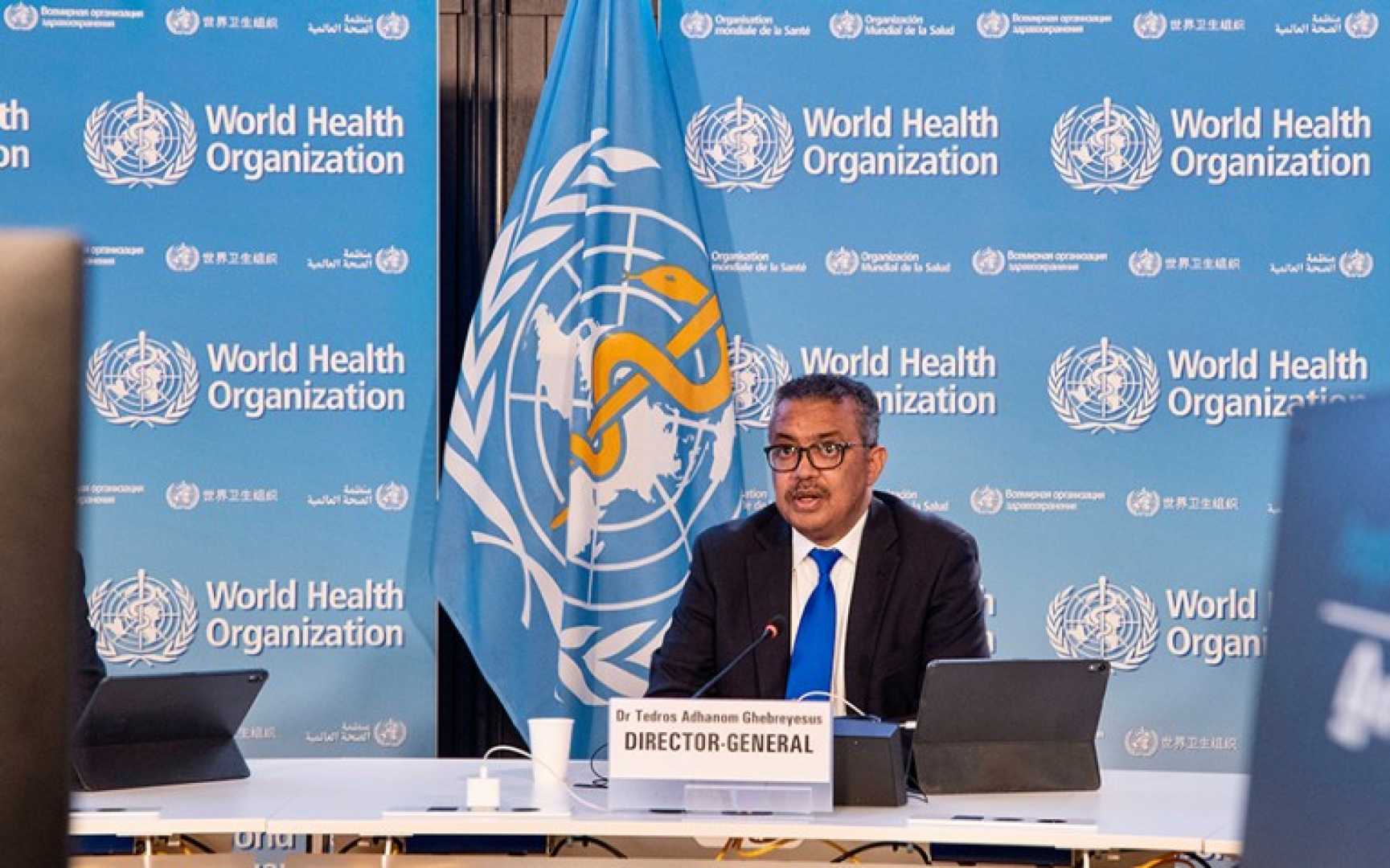News
Debate Sparks Over WHO’s Handling of Monkeypox Outbreak

A dialogue concerning the World Health Organization‘s (WHO) management of the monkeypox outbreak has come under scrutiny following assertions of political maneuvering and claims that the media may be omitting essential aspects of the situation. The discussion arises as health experts weigh in on the current response and global implications of the virus’s spread.
Recently, a commentator joined Lars Larson in a discussion that highlighted the WHO’s perceived quickness to announce public health emergencies. “Like many UN agencies, the WHO can be quite political,” the commentator mentioned, suggesting that the organization’s declaration of monkeypox as a global emergency might have been premature. The commentator further criticized the media, stating that “the media tends to overlook” specific details regarding the virus’s impact.
The outbreak comprises two distinct strains – Clade 1 and Clade 2. Clade 2, the prevalent strain in the United States, is primarily observed among the homosexual community. However, Clade 1, which is more virulent, remains primarily in Africa, where it tends to spread more broadly. “Even though Clade 1 has not substantially impacted the U.S., its presence in Africa signals a need for increased vaccination efforts,” the commentator argued, particularly for nations with fragile healthcare infrastructures.
Although the discourse indicates an element of overreaction by the WHO, it also underscores significant public health challenges, particularly within underdeveloped regions. These regions are deemed more vulnerable to disease proliferation due to weaker healthcare systems.
The ongoing conversation sheds light on the broader implications of public health responses and virus containment, emphasizing the necessity for balanced media portrayals and strategic health measures. Experts suggest the WHO’s decision signals the need for escalated precautionary protocols to prevent potential spread to other regions.












